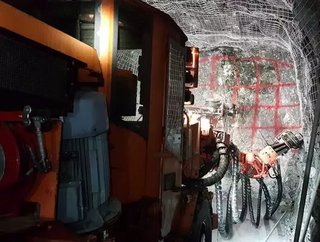Sibanye-Stillwater buys Londin mining for $382million

The third largest producer of palladium and platinum metals has just closed a deal to acquire another PGM producer, becoming the second largest producer in the world.
Sibanye Stillwater, an independent global precious metal mining group with operations across the Southern African region and the United states region, has completed a $382 million deal to buy out the troubled PGM miner Londin Mining.
Through the deal, Sibanye will help the struggling miner yield annual savings of around $12 million by 2021. This comes after Londin has spent the last nine years under financial duress, with a CAPEX exceeding more than $1.6 billion since 2008.
Despite such an enormous figure, Londin was unable to consistently fund its platinum mines in South Africa.
Related stories:
Aura Energy to list Häggån vanadium project as its own entity as battery metal market surges
Read the December issue of Mining Global
Bass Metals acquires high grade Millie's Reward lithium project in Madagascar
Battery Minerals receives $20 million funding for Mozambique graphite projects
Stillwater will combine Sibanye-Stillwater’s existing, and contiguous, South African PGM assets with Lonmin's operations, including Lonmin's processing facilities, enabling the company to unlock operational synergies and become a fully integrated PGM producer in South Africa.
A key component of the deal for Londin, will see the creating of a larger and more resilient company, with greater geographical and commodity diversification, that is better able to withstand short-term commodity price and foreign exchange volatility
Commenting on the Offer, Neal Froneman, Chief Executive Officer of Sibanye-Stillwater, said: “The proposed combination with Lonmin positions the Enlarged Sibanye-Stillwater Group as a leading mine-to-market producer of PGMs in South Africa,”
“The flexibility inherent in the larger regional PGM footprint will create a more robust business, better able to withstand volatile PGM prices and exchange rates. Furthermore, the sizeable combined resource base, with its pipeline of advanced and early stage projects, also offers significant growth and value upside potential under appropriate economic and market circumstances.”
- Brightstar, Eldridge and Claure acquire AusencoSupply Chain & Operations
- Gold Royalty buys Côté Gold Project royalty in $15.8mn dealSupply Chain & Operations
- Sibanye partners with Johnson Matthey in net zero pushTechnology
- Nickel Mines acquires 70% of Angel nickel projectSupply Chain & Operations






